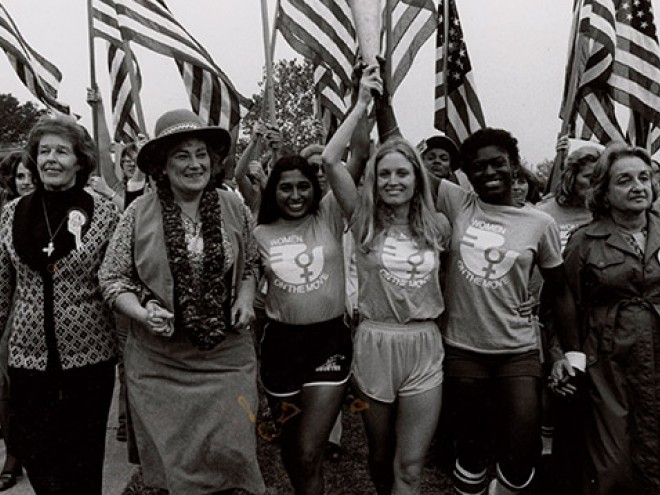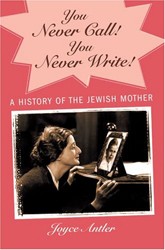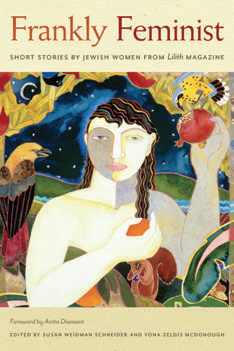Jewish Radical Feminism tells the stories of Jewish women who were involved in radical feminist activities and communities in the United States from the 1960s through the 1980s. The first half of the book focuses on trailblazing Jewish women in New York, Chicago, and Boston who participated in feminist groups that were directed at women’s liberation generally — although women with Jewish backgrounds sometimes made up the majority of leaders and participants. As Joyce Antler explains, these women did not necessarily identify as Jewish; only later did some of them recognize the impact that their values-based upbringings in progressive Jewish families had on their involvement in women’s liberation.
The second half of the book examines the experiences of radical feminist women who did identify as Jewish, either religious or secular, at the time of their participation. Some of them worked to transform conventional ideas about gender as well as the Jewish rituals affected by those ideas; others focused on participating as Jews in the general movement for women’s liberation, challenging the anti-Zionism and antisemitism they faced at international conferences on women’s issues. And Jewish lesbian feminists confronted gender norms and homophobia in the Jewish community and beyond.
The stories Antler shares are drawn primarily from a conference she organized for forty of these women, where they were able to be in dialogue with one another about their experiences. The snippets of these conversations, which Antler shares in the first half of the book, allow the reader to hear directly from the women themselves. In the latter half of the book, we hear more of Antler’s voice — her narrative and analysis. To round out the women’s stories, she also draws upon other resources, including pamphlets and magazines from the era.
This book’s breadth makes it an important read for anyone interested in a deep look at women’s lived experiences within radical feminist groups of the late twentieth century. Antler has contributed an important, accessible, and inspiring work to the field of women’s studies.




